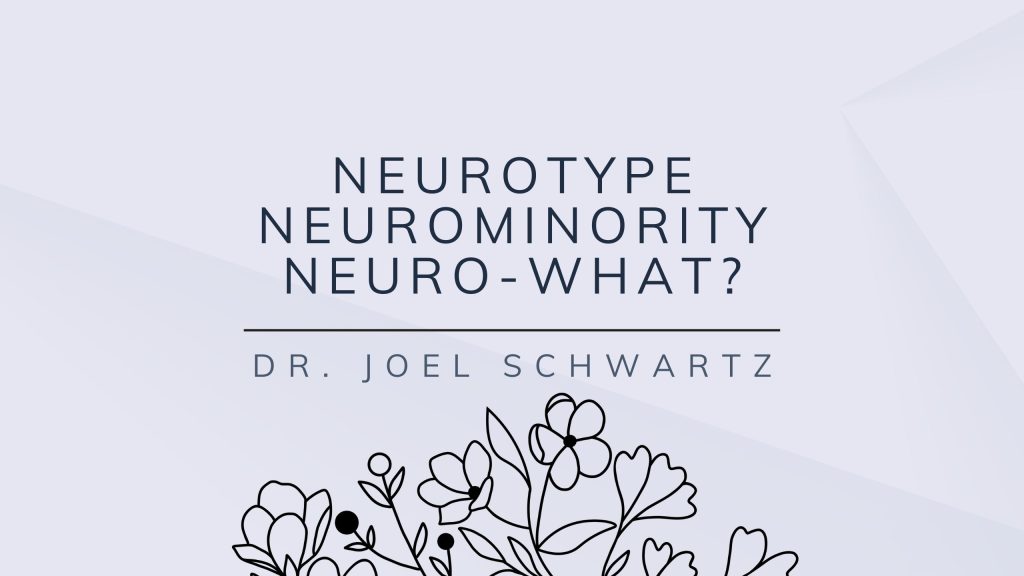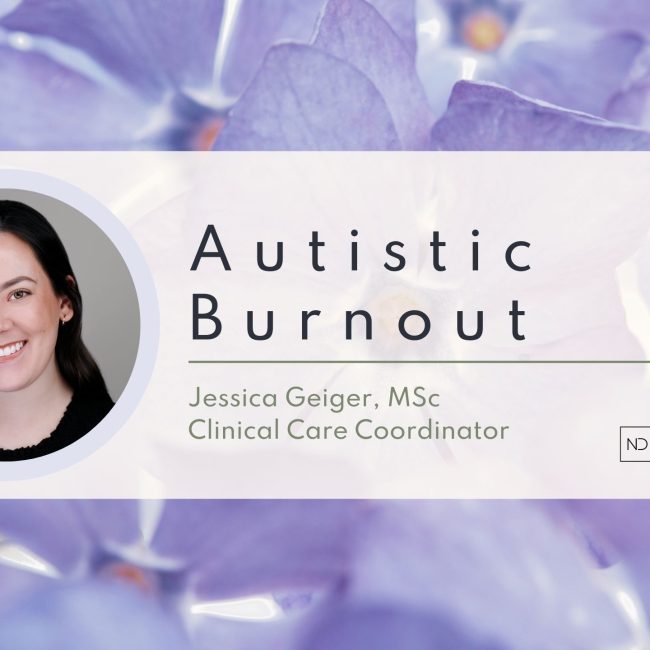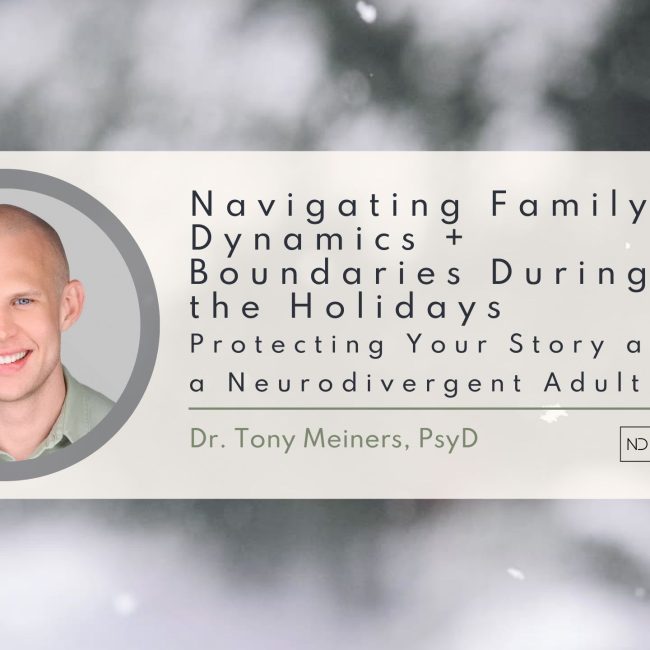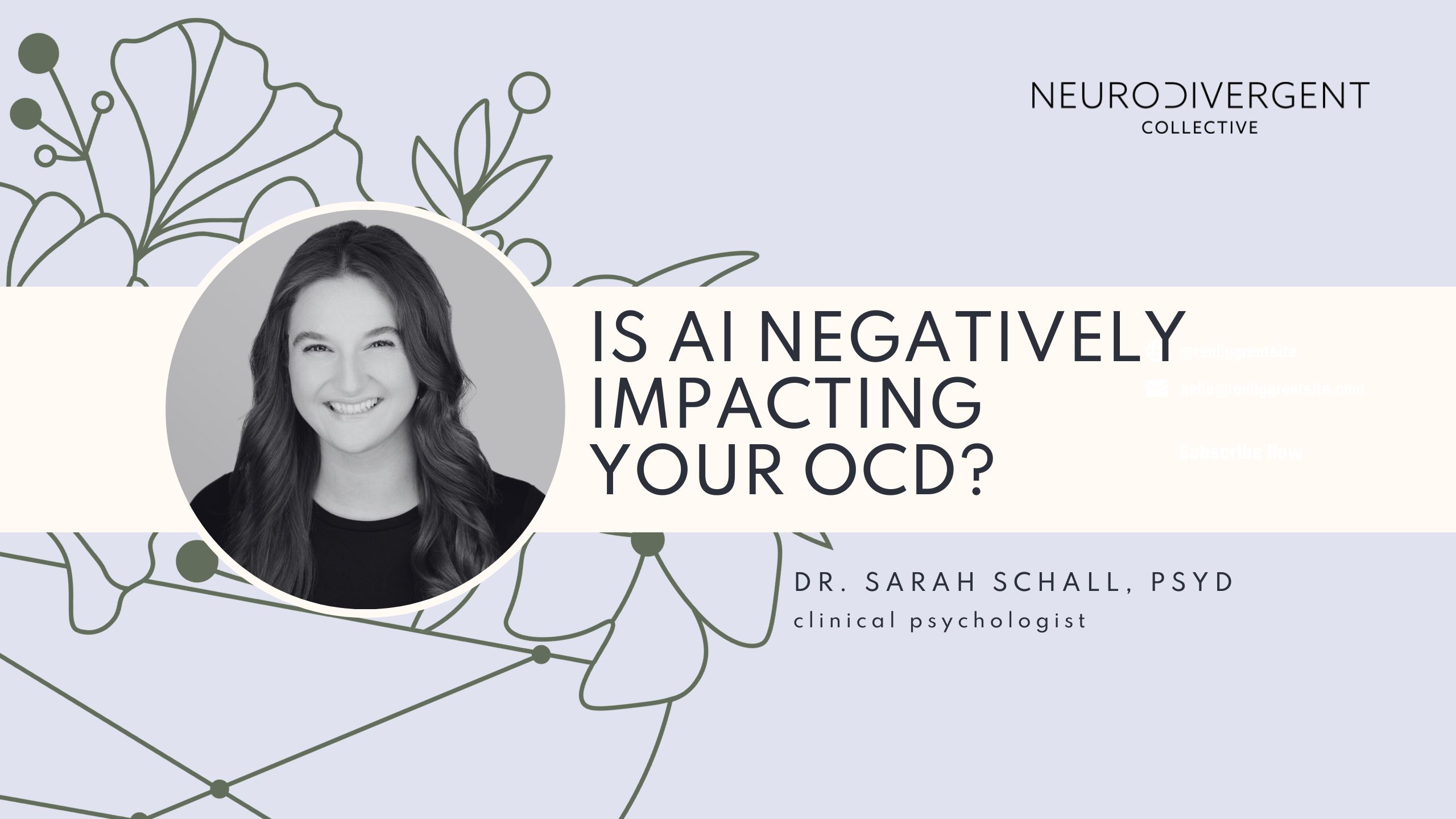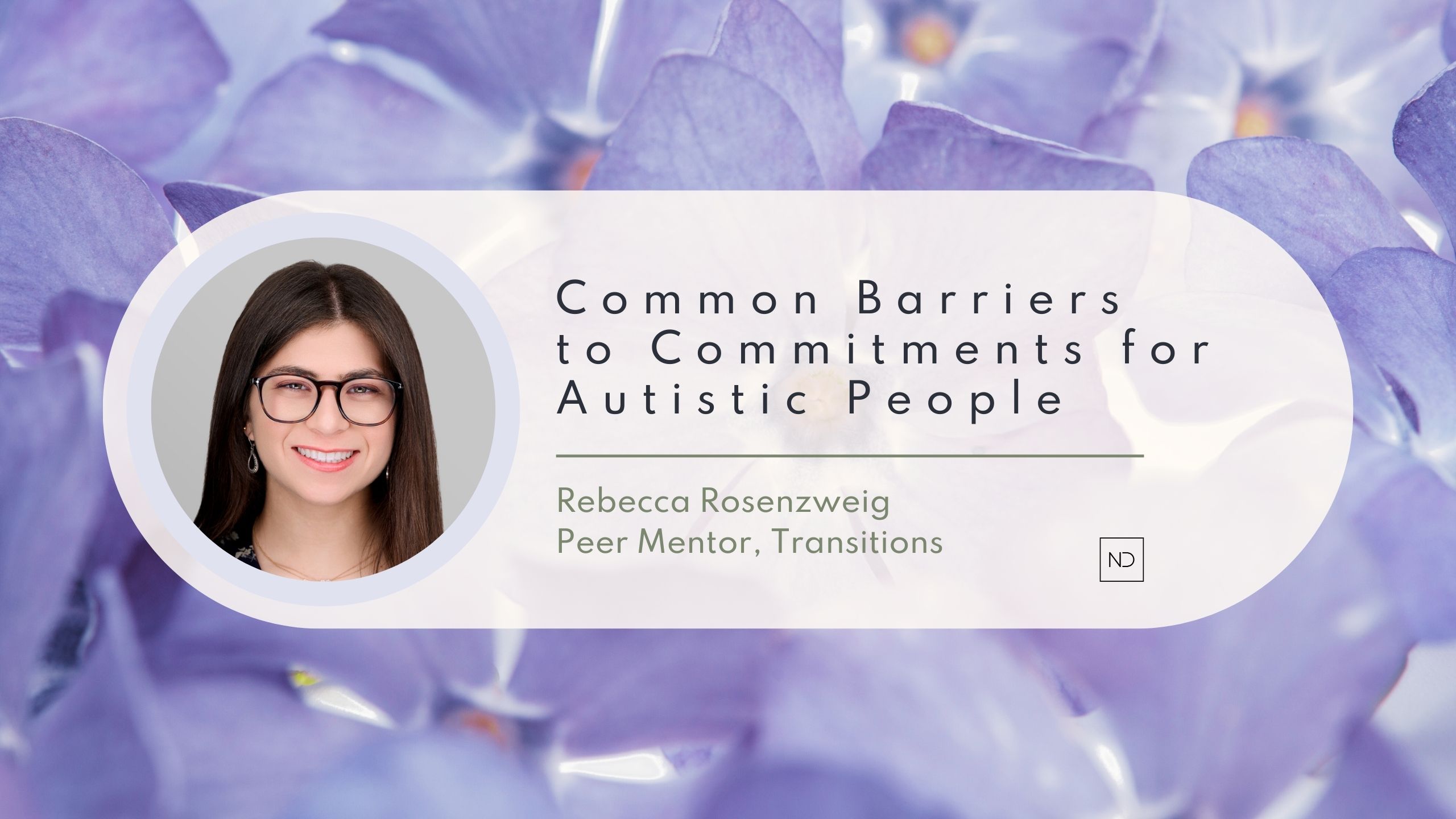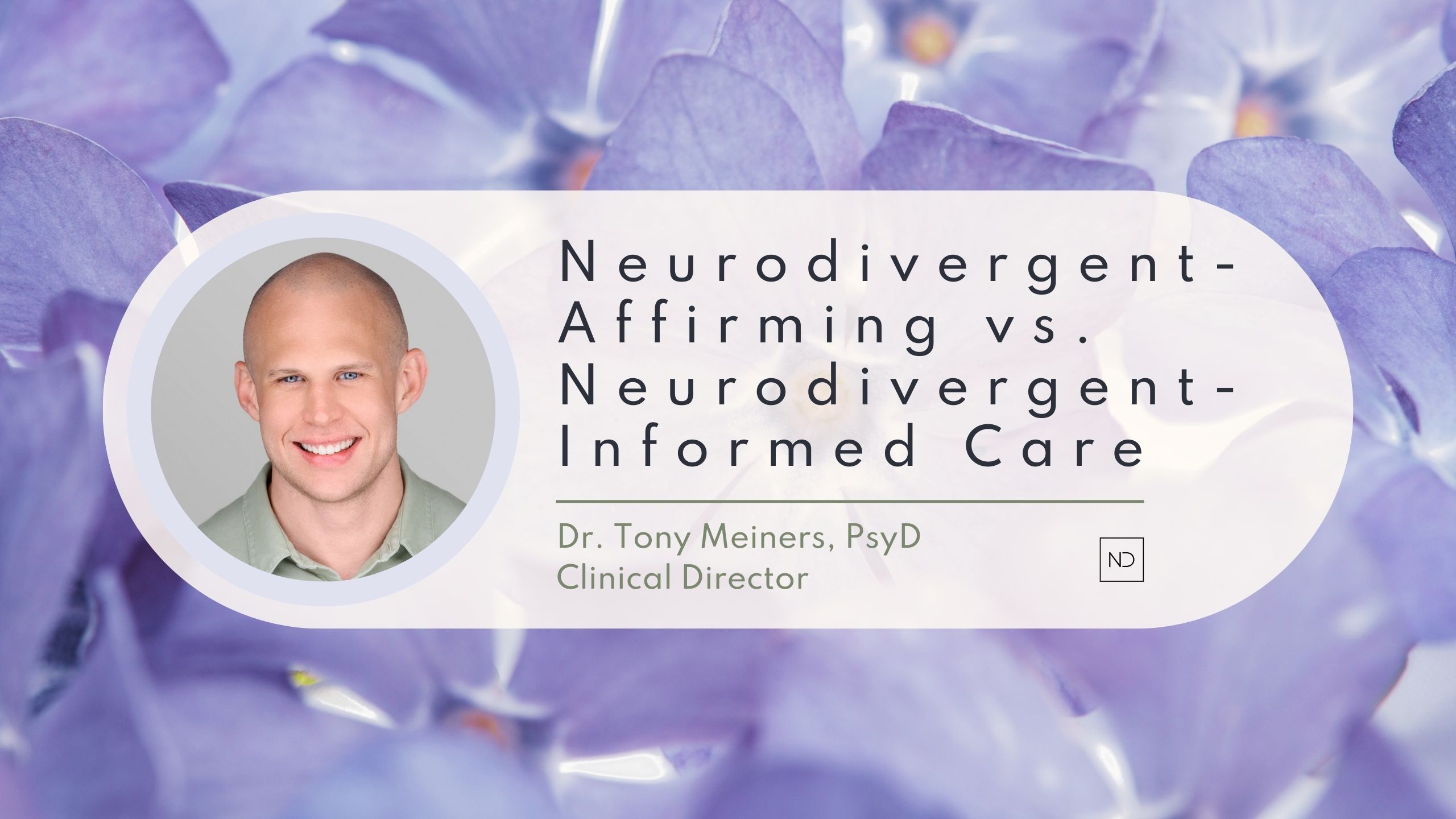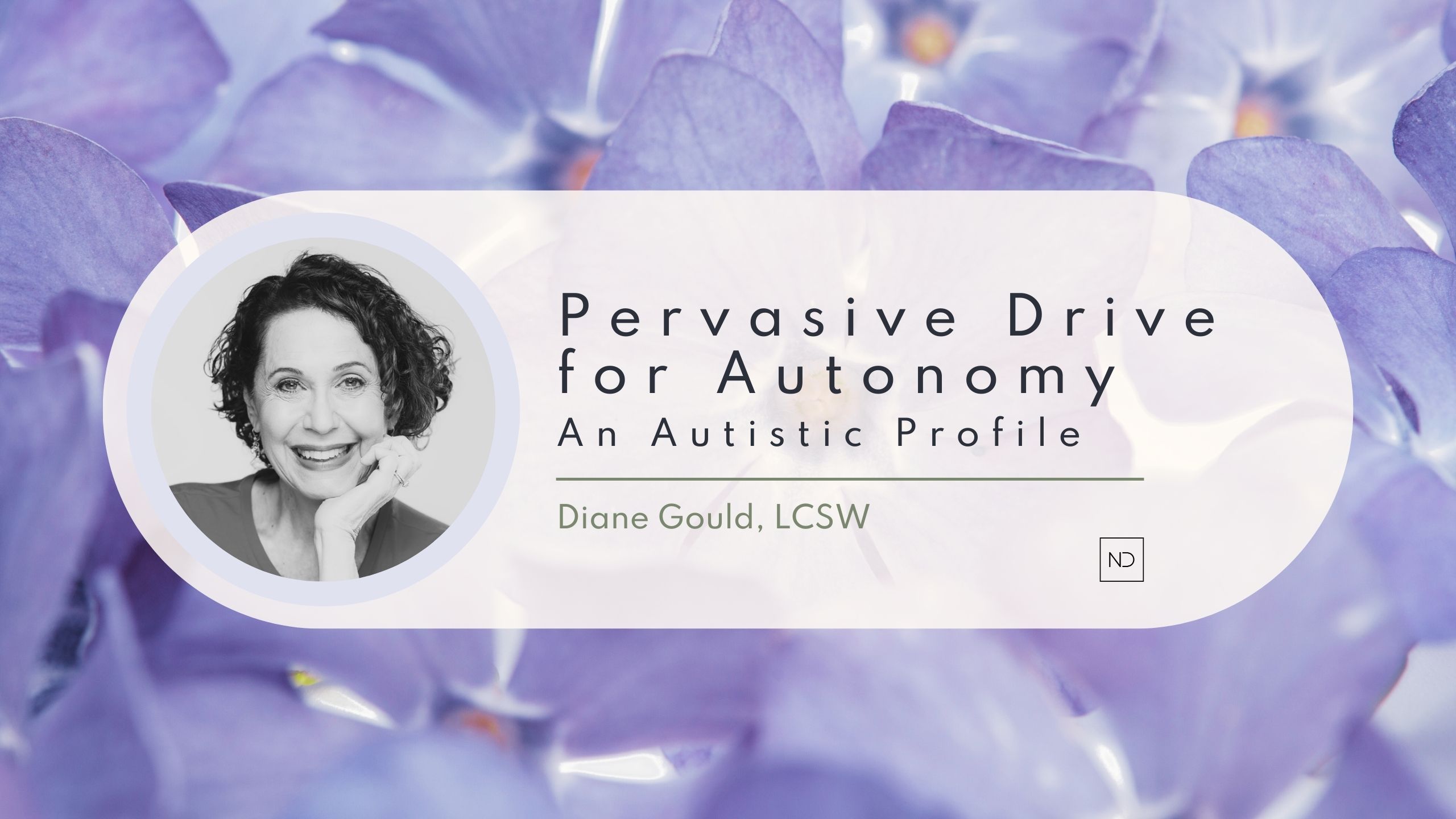
Pervasive Drive for Autonomy
Written by: Diane Gould, LCSW
WHAT IS PDA?
PDA, originally known as Pathological Demand Avoidance and now often called Pervasive Drive for Autonomy, is an autistic profile. It was first identified in the UK in the 1980s among individuals who differed from most autistic people but shared similar traits with each other. PDAers tend to be more socially skilled and communicative than many other autistic individuals, which often leads to their neurodivergence and unique needs being overlooked. They typically understand social expectations and use strategies to blend in, hiding their struggles. As a result, when parents seek a diagnosis for their PDA child, they are sometimes told that their child isn’t autistic because they are imaginative, socially driven, or make eye contact.
PDAers often experience high anxiety, which manifests as a strong need for control. Their behavior may vary significantly between different environments, such as behaving differently at school compared to at home. This can cause professionals to mistakenly believe that parenting or family issues are at the root of the reported difficulties.
HOW DO YOU SUPPORT A PERSON WITH PDA?
People with PDA, regardless of age, require specific types of support, often more than what appears on the surface. Effective support for PDAers generally includes:
- Building trust
- Working collaboratively as equals
- Maintaining low-pressure environments
- Setting priorities
- Focusing on consent-based approaches
- Allowing recovery time
- Offering the option to opt out or escape
- Considering sensory differences
- Using less direct or declarative language
- Being sensitive to nervous system responses
- Avoiding rewards and punishments
- Prioritizing a sense of felt safety
From my experience, PDAers put tremendous effort into meeting expectations and pleasing those who are important to them. This often involves prolonged masking, which can lead to exhaustion and a high risk of burnout. I hope that increasing awareness and understanding of PDA will improve the lives of PDA individuals and those who care for them.
In my new book, Navigating PDA in American (Fidler & Gould, 2024) we outline an approach that moves away from behavioral interventions and towards a more affirming and collaborative framework. With a focus on well being for autistic PDA‘ers, we outline how to support PDA children, teens and young adults at home, school and the community.
Do you have a question?
Send us a message


